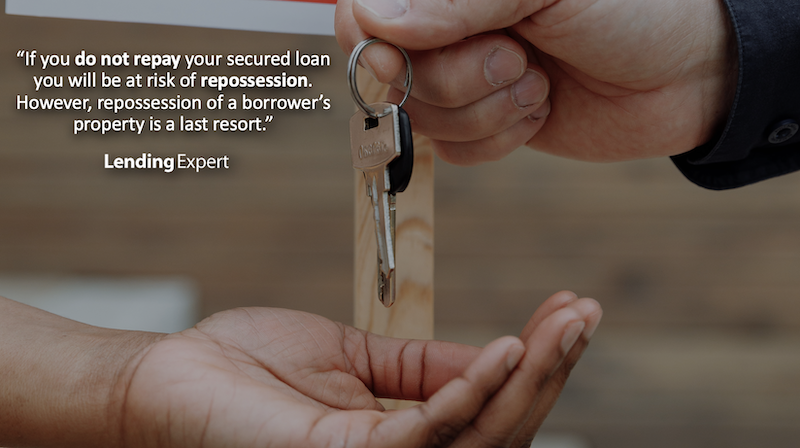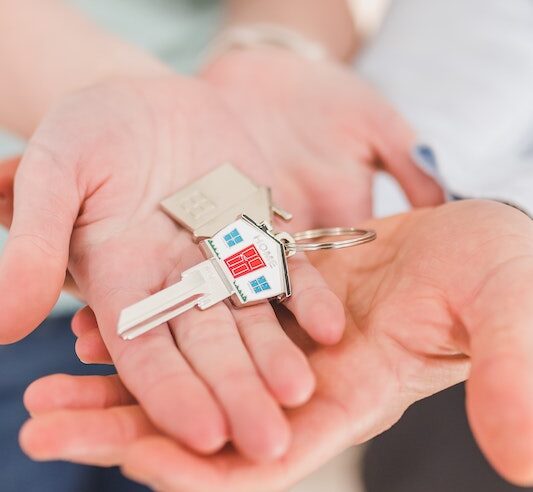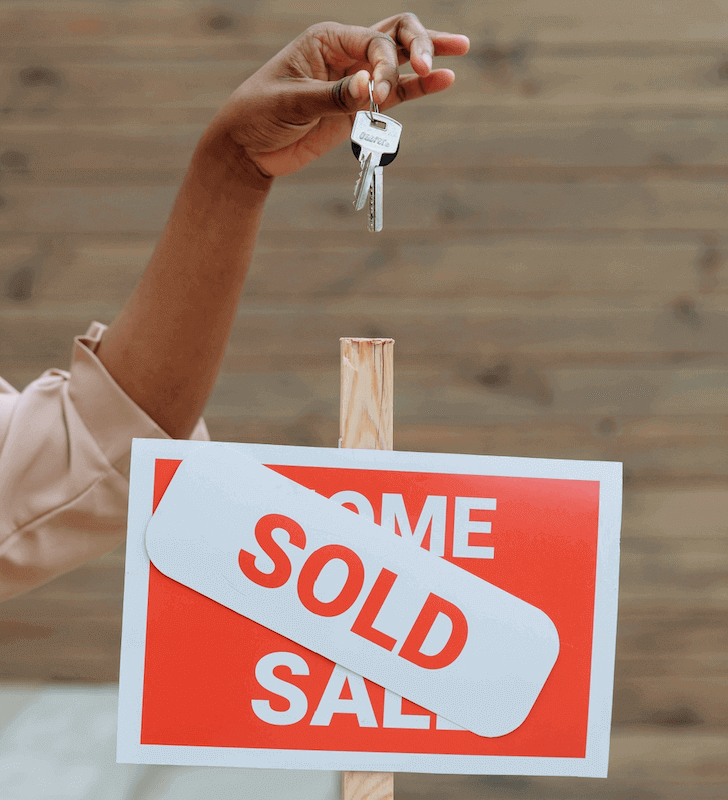Yes, if you do not repay your secured loan you will be at risk of repossession. However, repossession of a borrower’s property is a last resort. The lender will try to get in contact with you beforehand and give you plenty of time to make the repayment that is owed.
Secured loans can come with some big risks, especially when they’re secured on your home, as if you fail to repay your property could be repossessed.
While it’s vital to ensure you can repay any loan you take out, unfortunately financial troubles can arise unexpectedly. If you’re struggling to repay your secured loan and feel you may be at risk of losing your property, get in contact with your lender to see if there’s an alternative manageable arrangement to opt for.
Repossession of a Property: How Does It Work?
If the secured loan you’ve taken out is regulated by the Consumer Credit Act 1974, the lender will have to go through a certain process in order to recover the missed payment from you. This process includes the following key steps:
- Lender sends notice of arrears
- Lender sends a default notice
- Borrower faces court action
1) Lender sends notice of arrears: If you miss two monthly or four weekly contractual payments, your lender will send you through a notice of arrears letter. This letter will inform you how much is owed, as well as details of where to get free debt advice.
2) Lender sends a default notice: If the debt is not cleared after the notice of arrears, and you miss 3-6 required payments as per your credit agreement, your lender will then send through a default notice. The letter will warn the borrower that their account is near to default and give a certain timeframe in which the owed payments will need to be made. The letter will also state what happens if payment is still not made.
3) Borrower faces court action: If you still can’t make your repayments, you may then be forced to sell your property by the lender. The money from the sale is then used to pay the lender the outstanding balance that’s owed.

They’ve Taken My Property, Do I Still Owe Money on Top?
If the money from the sale of the house doesn’t over the total amount that’s owed to the lender, you may still owe them money on top. As a borrower, you’ll need to pay the lender the full amount that is owed.
Struggling With Secured Loan Payments, What Should I Do?
If you’re struggling to keep up with the payments on your secured loan, it’s vital to discuss this with your lender as soon as possible. Your lender may be able to help arrange an alternative repayment plan, making the loan more manageable.
For mortgage lenders, the Mortgage Conduct of Business (MCOB) rules ensure that borrowers must be treated fairly, and that lenders must consider the suggestions borrowers make on how to manage the payment problems they’re facing. Under these rules, mortgage lenders should also only repossess borrower’s homes as a last resort, after all reasonable attempts to resolve this issue haven’t worked.
To make a secured loan enquiry, you can get a free and impartial quote from Lending Expert here >>



